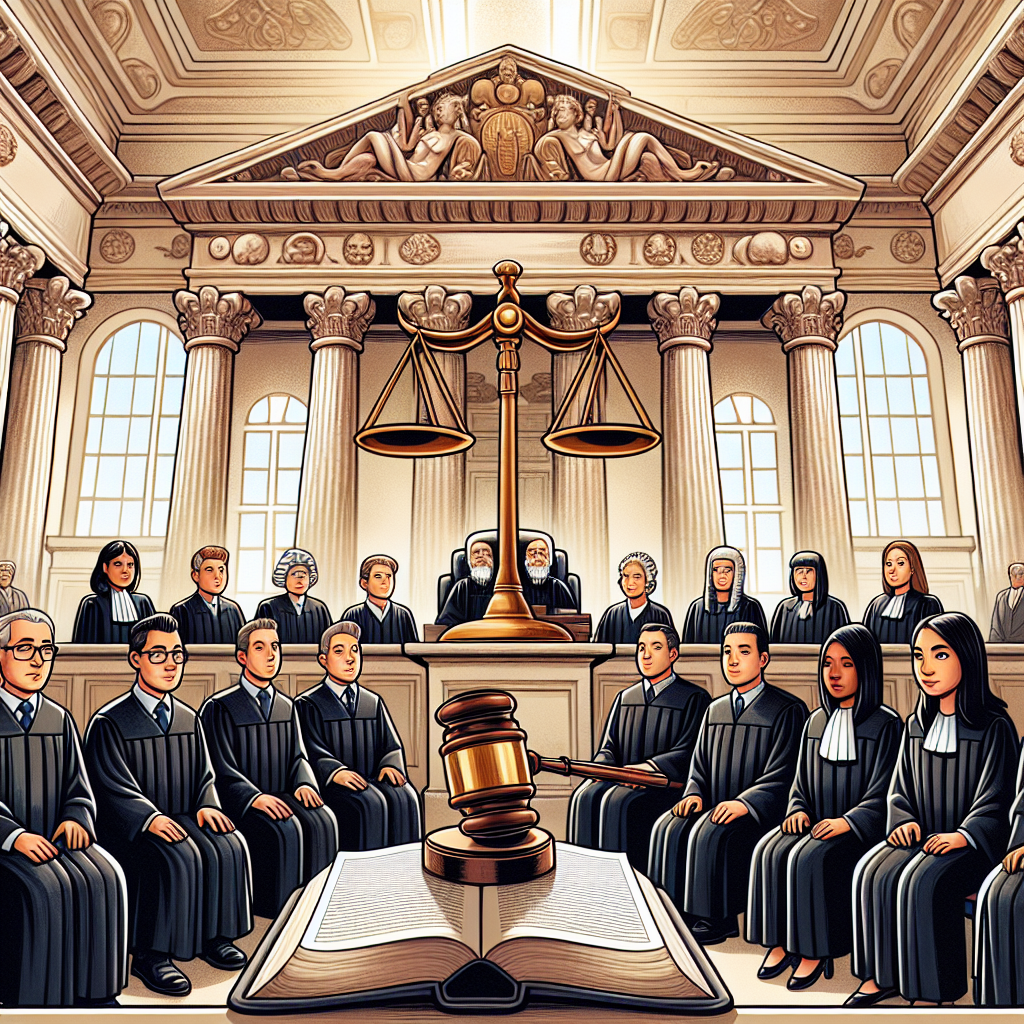Supreme Court Greenlights Trump's Wartime Deportation Tactic
The U.S. Supreme Court approved President Trump's use of the Alien Enemies Act to deport alleged Venezuelan gang members, while limiting the process to require judicial review. The decision was challenged by the ACLU, citing misuse of a law intended for wartime. The case remains contentious.

In a contentious decision, the U.S. Supreme Court has allowed former President Donald Trump to leverage a centuries-old wartime statute, the Alien Enemies Act, to expedite the deportation of alleged Venezuelan gang members.
Despite the court's decision, significant limits were imposed. Deportees must be notified in a way that enables them to seek legal recourse before removal. Conservative Justice Amy Coney Barrett joined the court's three liberal justices in dissenting, as the court largely aligned with the administration's approach.
The ruling comes amid legal pushback from groups like the American Civil Liberties Union, which argue that the Alien Enemies Act is being misapplied since the U.S. is not at war. Among those deported were individuals who denied gang affiliations, sparking debates over the fairness and appropriateness of the policy.
(With inputs from agencies.)
ALSO READ
International Students Win Legal Battles Against U.S. Immigration Crackdown
Judge Boasberg Denies ACLU's Emergency Deportation Block
U.S. Justice Department Holds Deportation Authority Over Alleged Venezuelan Gang Members
The Consequences of Expansion: Louisiana's Role in U.S. Immigration Detention
U.S. Targets Venezuelan Gang Member with New Terrorism Charges










